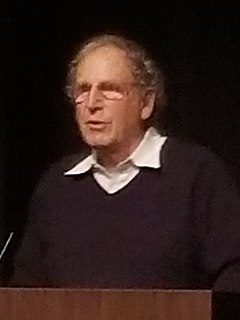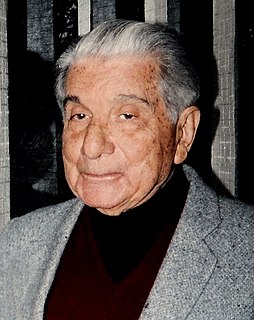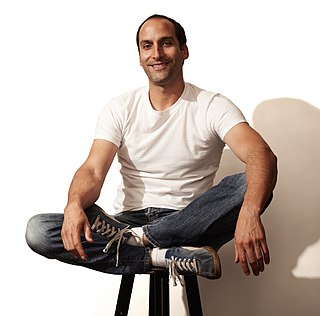A Quote by John Muir
How lavish is Nature building, pulling down, creating, destroying, chasing every material particle from form to form, ever changing, ever beautiful.
Related Quotes
Water, whether still or in motion, has so great an attraction for the lover of nature, that the most beautiful landscape seems scarcely complete without it. There are no effects so fascinating as those produced by the reflexions in nature's living mirror, with their delicacy of form, ever fleeting and changing, and their subtle combinations of colour.
We all know of course, that we should never ever ever ever ever ever ever ever ever ever ever ever ever ever ever ever ever ever ever ever ever ever ever ever ever ever ever ever ever ever ever ever ever ever ever ever ever ever ever ever ever ever ever ever ever ever ever ever ever ever ever ever ever ever ever ever fiddle around in any way with electrical equipment. NEVER.
Through death you find yourself, because you no longer identify with form. You realize you are not the form with which you had identified neither the physical nor the psychological form of "me". That form goes. It dissolves and who you are beyond form emerges through the opening where that form was. One could almost say that every form of life obscures God.
In film, there are two ways of including human beings. One is depicting human beings. Another is to create a film form which, in itself, has all the qualities of being human: tenderness, observation, fear, relaxation, the sense of stepping into the world and pulling back, expansion, contraction, changing, softening, tenderness of heart. The first is a form of theater and the latter is a form of poetry.
No good act performed in the world ever dies. Science tells us that no atom of matter can ever be destroyed, that no force once started ever ends; it merely passes through a multiplicity of ever-changing phases. Every good deed done to others is a great force that starts an unending pulsation through time and eternity. We may not know it, we may never hear a word of gratitude or recognition, but it will all come back to us in some form as naturally, as perfectly, as inevitably, . . . as echo answers to sound.
A piece of jewelry is in a sense an object that is not complete in itself. Jewelry is a ‘what is it?’ until you relate it to the body. The body is a component in design just as air and space are. Like line, form, and color, the body is a material to work with. It is one of the basic inspirations in creating form.





































